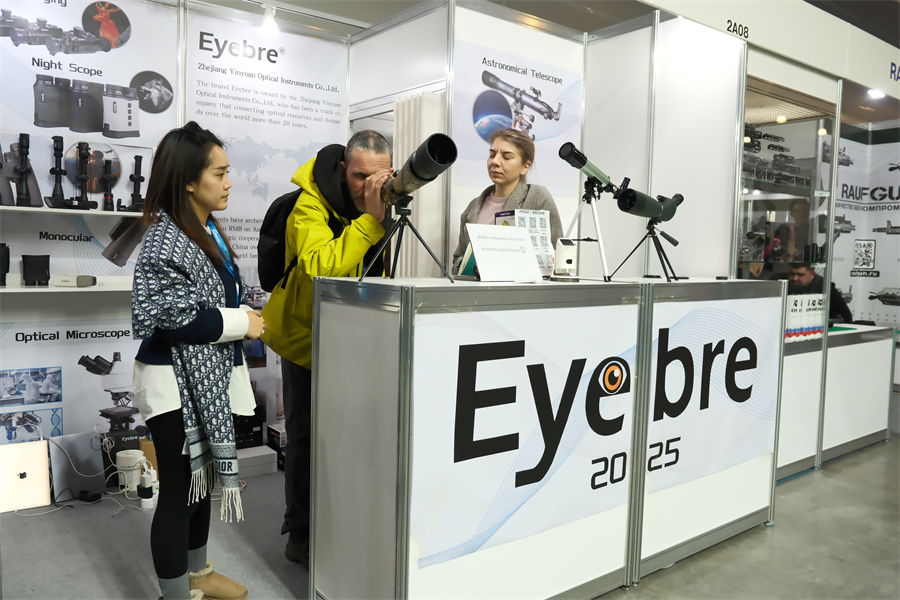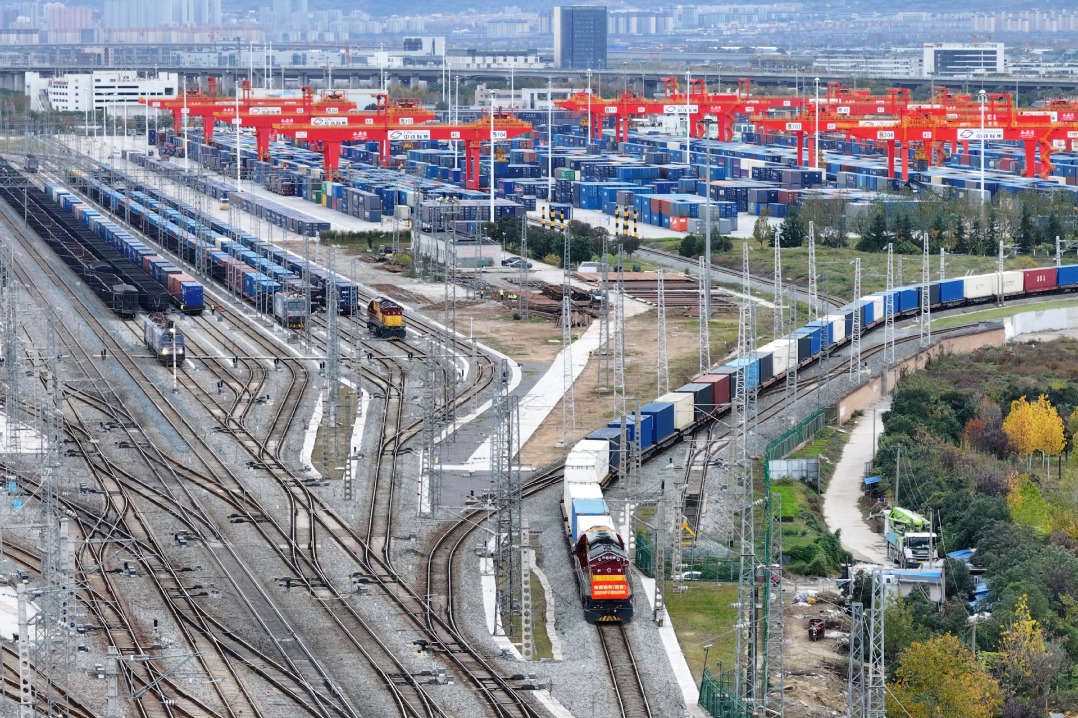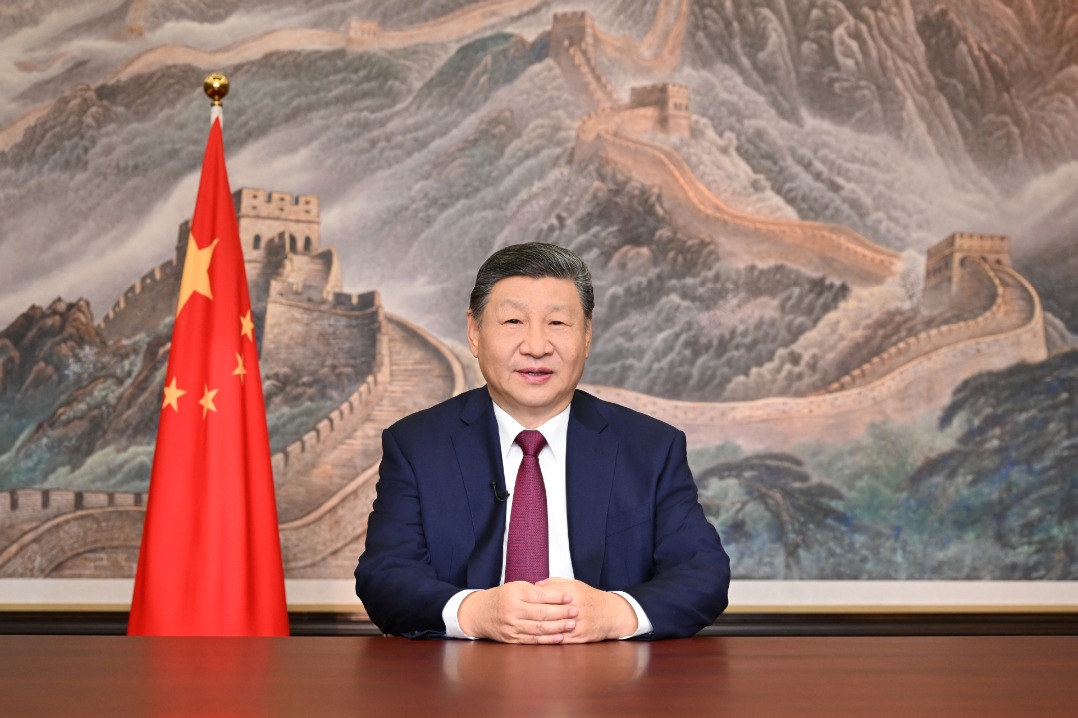World's biggest small-commodities market unfazed by US tariffs
Operators at Yiwu expand horizons, diversify products to counter disruptions


BRI benefits
In 2024, Yiwu's total import and export trade with Belt and Road partners reached 413.34 billion yuan ($56.62 billion), up 18.2 percent year-on-year, accounting for 61.8 percent of the city's total trade, and making it a key growth driver, official data shows.
Chen Fangfang, chairwoman of Hui-Gang Import & Export Co, also joined the business delegation to Central Asia. Her textile company specializes in bedding and carpets, with a daily output of 40,000 to 50,000 blankets.
Chen has been in the industry for 25 years and joined Yiwu International Trade Market in 2011.
"Our foreign trade started with South America. Now our main markets are South America, the Middle East, and some of Europe," she said.
"The US accounts for about 20 percent of our business. But this year, American clients halted orders due to high tariffs. Even European clients are holding back due to the poor economic climate."
Despite challenges from the US and Europe, Chen said South America, the Middle East, and Africa remain stable.
"The tariff war has affected us, but not our survival. Seventy percent of our business comes from other countries. We've never focused on just one country — we develop multiple markets and go on international visits every year," Chen said.
She said the first step is research and development, starting with the raw yarn "so we control the supply chain". The second step is to gain market advantages through innovation. Finally, the company has the benefit of 25 years' experience in the field, Chen said.
"We tell our team to stay grounded and build strength internally, attracting quality clients through innovation, not desperation. Sustainable growth requires both quality and quantity," Chen said confidently.
Wu Xiaoming, chairman of Yiwu Aokay Sports Goods Co, which makes basketballs, footballs, and volleyballs, began diversifying the company's markets following the 2008 global financial crisis.
Average annual company sales total 30 to 40 million yuan, with 50 percent to South America, 20 percent to Western Europe, and the remainder to Africa, Southeast Asia, and Eastern Europe. US exports dropped from 2 percent last year to zero this year, Wu said.
"The US market has high barriers, and mature supply chains, which make it hard to break into. We still have a leftover Walmart order of over 30,000 balls from last year, but due to shipment delays and increased tariffs, it's uncertain whether we'll complete it," Wu said.
Nonetheless, he said the US tariffs had disrupted global trade. "Some of our old South American clients are hesitant to place orders now due to exchange rate volatility," Wu said.
The company has also initiated brand differentiation.
Aokay is the high-end line, Meik is geared for schools and the general public, and Ruimeng (RM) is its budget label. "We used to focus on OEM, but now we're prioritizing brand development," Wu said.
























